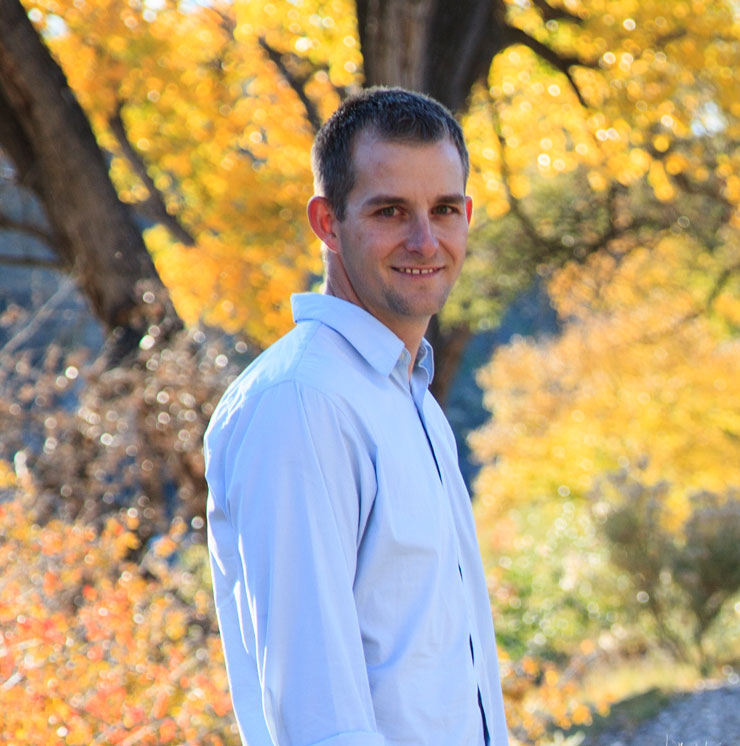Ruth Powell Hutchins Water Center forum highlights water issues and possible solutions
Potable water is truly a global concern. The city of Cape Town, South Africa, with about four million residents is dangerously close to running out of water. They call it Day Zero, where taps will run dry and citizens will stand in line to get an allotted amount of water per person. Flint, Michigan, had a different water crisis where, for nearly four years, 96,000 people could not drink or have contact with their water. Residents traveled to distribution centers and received bottled water allotments per person for drinking, cooking and bathing.
Here in Grand Junction, the Ruth Powell Hutchins Water Center at CMU is addressing the possibility of similar issues. The center held a two-day forum at the end of last year, which brought together scholars, policymakers and water users to address water challenges facing the Upper Colorado River Basin.
The water center’s coordinator, Hannah Holm, acknowledged that climate change is already impacting water resources. Hotter yearly temperatures have increased evaporation and less water is in Colorado rivers and streams given the same amount of runoff and precipitation in years prior.
With safe drinking water at stake, water leaders from all of the states along the Colorado River Basin and Native American tribes were consulted during this forum. The center’s advisory council is staffed with 19 individuals from companies and organizations like Chevron, Ute Water Conservancy District and the Colorado Division of Parks and Wildlife.
The recent forum acknowledged that cooperation will be vital between these diverse groups and stakeholders to avert a water crisis. The conference addressed the need for an adaptation strategy of cutting back water use when low levels are measured in Lake Mead and Lake Powell reservoirs.
“The water center seeks to maintain the legacy of Ruth Powell Hutchins through our ongoing commitment to water education and empowering West Slope water stakeholders to advocate for themselves — whatever their particular interests and values may be,” Holm said, “We promote open, informed discussion of policy options and creative thinking to address water problems, but do not advocate for particular policies.”
The Ute Water Conservancy District was among the stakeholders in attendance at
the Ruth Powell Hutchins Water Center forum. CMU alumnus Ben Hoffman, Ute
Water Treatment Plant superintendent, said they produce an annual Consumer
Confidence Report that details any contaminants found during the previous
calendar year and regularly go beyond regulations of the Safe Drinking Water
Act. Ute Water has strong ties to the university — thirty-five percent of their
employees are CMU alumni.

Water Treatment Plant superintendent.
